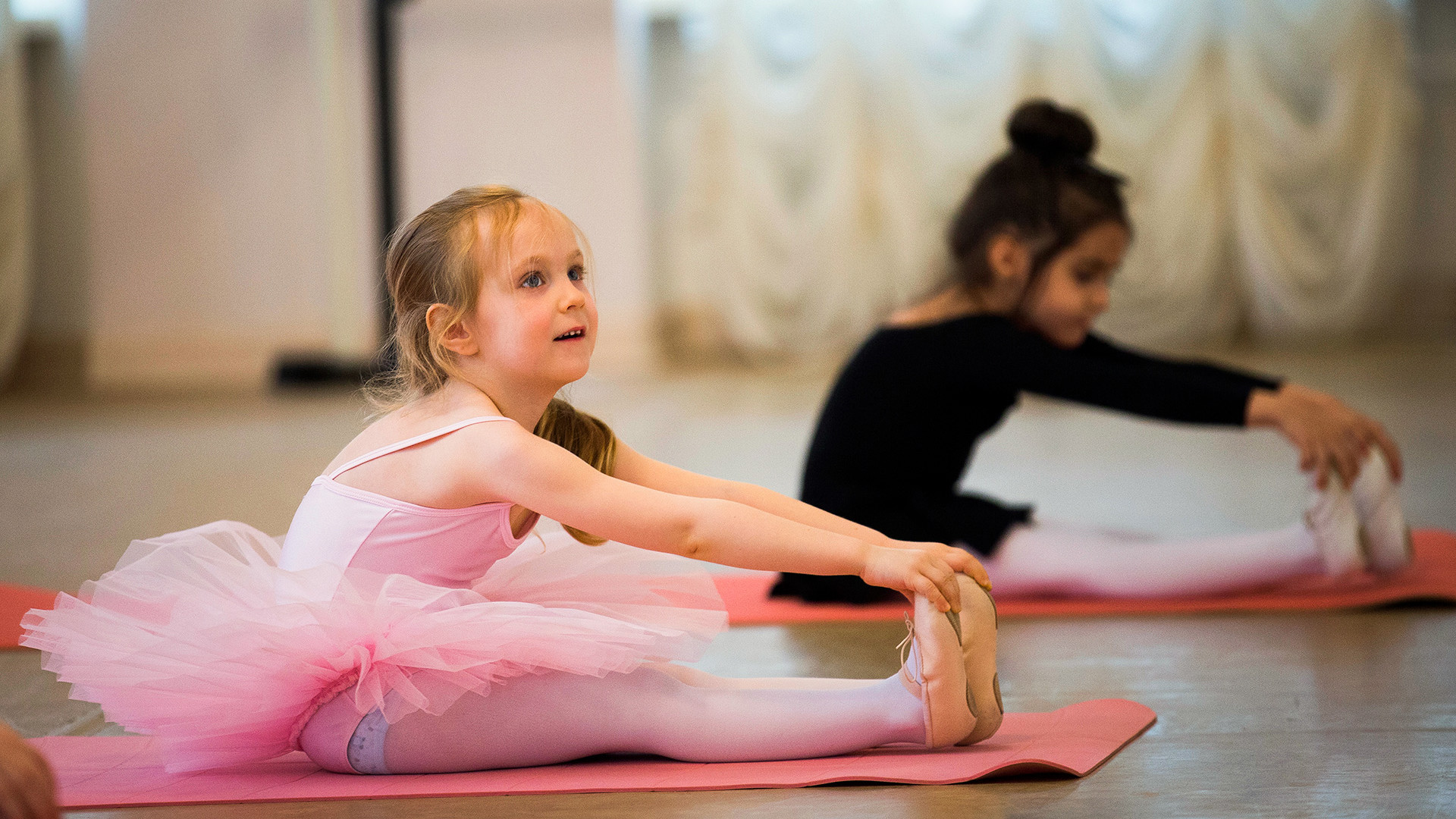How to Raise a Baby Chicken in an Apartment
Russian parents strive to give their children the most rounded upbringing, sending them to numerous extracurricular classes and activities. They are fifty-fifty set to back up them financially after the age of eighteen, simply only if they are doing something "worthwhile." These are just some of the ingredients that go into a Russian upbringing.
1. Diverse interests

Ballet, biathlon, drawing? Russian parents rarely limit their children to but one pursuit. From an early age, many girls are sent to dance classes (including ballet), and boys become to sports clubs. Music and language classes are often thrown in as well for good mensurate.
Studying Russian and world culture is also a priority: even if a child studies in a schoolhouse specializing in math or chemistry, he or she volition still take lots of literature classes and keep theater trips with classmates. In Moscow, for instance, schoolchildren often get free tickets to various performances, as well as museums.
two. Still a woman'southward chore

Likewise, most kindergarten and school teachers are female, and male counterparts are still viewed with surprise and/or suspicion.
3. Cocky-reliance from an early age

Nether Russian law, teenagers are allowed to work from the historic period of xiv (outside school hours) and tin can be held legally responsible for their actions. At the same time, teenagers nether the age of 16 cannot be alone outside after 10 pm or before 6 am (parents face a fine of nearly $80).
4. Children as a part of guild

That said, parents don't demand too much of their offspring: don't be late home, heed to your elders, and behave well. Alexandra Stemkovskaya,
In Russia, social disapproval is considered more effective than smacking or other forms of concrete punishment. Today, only 12 pct of parents use the latter, preferring instead to limit pocket money (13 percentage) or computer time (45 percent). Most of all, Russian parents love to lecture and preach moral virtue (eighty percent of Russians were made to mind to such "sermons" as children, and just as many want their children to suffer the same).
5. Leaving the nest

In Russian federation, children sometimes don't become fully independent until the age of 40 or across, says Alyona. "Although in my opinion, twenty is the age at which children should start providing for themselves, i.eastward. rent an apartment and earn coin. Simply everyone is different, and it'southward difficult for parents to push their child out the door at that age."
Alexandra says that she would similar her son to start working at the historic period of 16, just she is ready to help with college fees and even rent. "If he comes up with some g scheme (for instance, he wants to study abroad), I will help in every way I can." At the aforementioned time, she believes that adult children should leave the nest as early as possible, especially if they want to start a family of their ain.
Tatiana Rusakova, who has a preschool son and a teenage girl, agrees: "If my children need assist with something big and worthwhile, I volition aid them, just if they consider it necessary to kickoff a family, they demand to piece of work that out for themselves." However, she admits that she has already bought property for her children for the future.
If using any of Russia Beyond'due south content, partly or in full, ever provide an agile hyperlink to the original material.
Go the week's best stories straight to your inbox
Source: https://www.rbth.com/lifestyle/329369-raise-children-russia
0 Response to "How to Raise a Baby Chicken in an Apartment"
Postar um comentário